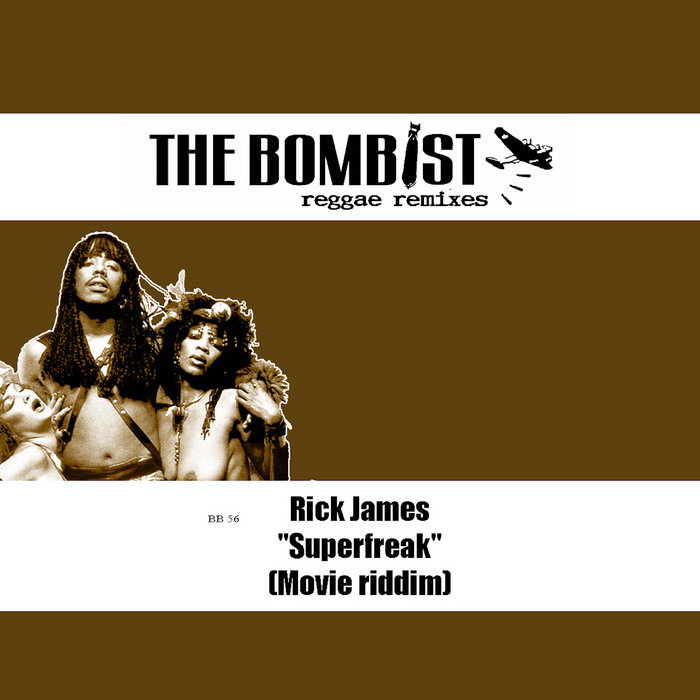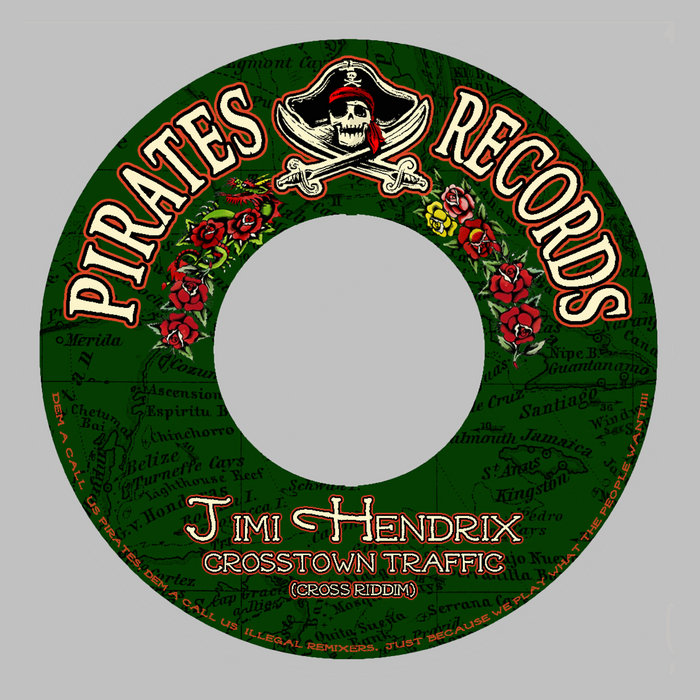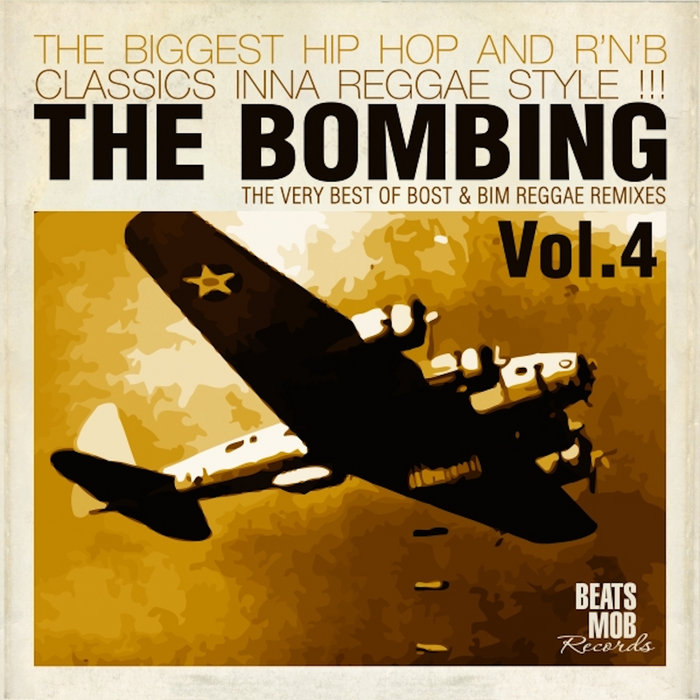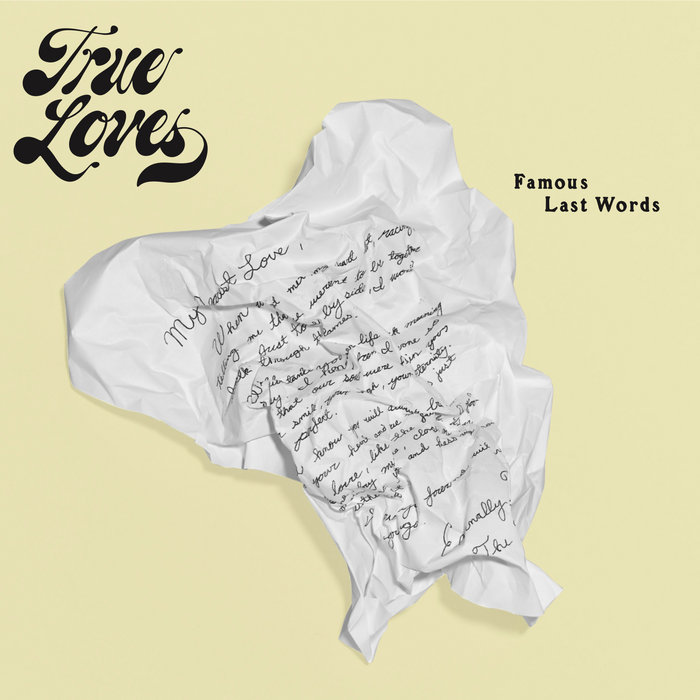
Feel I'm Getting Closer – Eliot Krimsky
this blog is GROOVY – check out great Soul, Funk, Jazz, Hip Hop, Bass, Breaks , Reggae, House n many more TUNES
Music is like a bubbling stew, mixing flavors and styles to create something fresh and exciting. Modern music embraces this spirit, evolving rapidly over the last century and blending genres like there’s no tomorrow! So, let’s groove through the history of modern music, sprinkle in some funky facts about musicians along the way, and keep it light and fun.
Let’s rewind to the early 20th century when jazz took center stage. Originating from African American communities in New Orleans around the 1910s, jazz was all about improvisation—musicians jamming together as if they were having an endless conversation. Think of Louis Armstrong belting out those high notes while wiggling his trumpet with flair!
Louis Armstrong once played a solo so good that people actually stopped dancing to listen—imagine being so good at your craft that everyone forgot to party for a moment!
As we slid into the 1950s, rock ‘n’ roll kicked down doors like it owned the place. Elvis Presley strutted onto the scene with his slicked-back hair and hip-shaking moves that made parents cover their kids’ eyes! This was just one flavor in our musical gumbo; rhythm & blues blended seamlessly into country roots.
Rock brought us legends like Chuck Berry who invented duck-walking (seriously) while shredding on his guitar—which just might be cooler than most dance moves today! But here’s a funny nugget: When he first did it on stage? His band laughed at him because they thought he’d tripped!
Fast forward to the big-haired era of glam rock in the late ‘70s and ‘80s. Bands like Mötley Crüe cranked up not just their amps but also outrageous hairstyles! These guys often wore more makeup than your average beauty influencer.
You gotta love how lead singer Vince Neil flubbed lyrics during live performances so much that fans ended up making drinking games out of it… “Take a shot every time he forgets!”
The ’80s also saw another kickstart—the birth of hip-hop culture! DJs began spinning records at block parties while MCs spat rhymes over beats. The genre started gaining serious traction thanks to pioneers like Grandmaster Flash who turned turntables into magical machines.
Here’s where things get cheeky: Kurtis Blow became one of hip-hop’s first superstars but had an interesting job before fame hit—he worked as a bank teller! Can you imagine counting cash by day then dropping bars all night?
Jumping ahead to the ’90s-2000s saga—we’re handed pop icons ready for world domination. Britney Spears emerged seemingly outta nowhere asking us “Oops!… I Did It Again.” Her success skyrocketed faster than you could say “bubblegum pop!”
Speaking of bubblegum… One funny incident happened during her infamous VMAs performance when she accidentally kissed Madonna instead of performing her new single properly—that kiss stole headlines quicker than lightning!
And let’s not forget boy bands ruling charts left right center—*NSYNC even had a song called “Bye Bye Bye,” which is what happens when you realize you’re singing along too loudly on public transport…
Moving closer towards today’s sounds brings us electronic dance music (EDM). Groups like Daft Punk rocked helmets long before anonymity became cool again in TikTok culture—they looked mysterious AND chic while giving unforgettable performances!
But here’s something quirky: They once appeared on Saturday Night Live using robot voices only—and when asked why they didn’t speak normally? They replied simply “Why break character?” Now THAT’S commitment!
Now let’s fast-forward right up until today where genres fight for attention—it feels less about labels now compared with artistic expressions fusing wildly across different platforms—from indie folk getting remixed by trap artists or classical symphonies meeting heavy bass drops… Anything goes baby!
Emerging artists are dropping hits daily via streaming services rather than traditional routes; social media is king bringing unexpected collaborations alive whenever they want—a major change from pre-internet days.
Here comes Drake blending rap with Latin vibes featuring Bad Bunny… Or how Billie Eilish teamed up with Justin Bieber after growing up idolizing him—a true example proving anything can happen in this game!
And if we wanna talk quirks? Ed Sheeran once performed an entire concert using just his loop pedal further solidifying himself as THE human Swiss army knife!!!
In conclusion, modern music has traveled down twists & turns filled with vibrant stories worthy enough for any playlist worth its weight in spins. From crazy fashion statements (+ hilarious mishaps!) woven among countless rhythms created through time—it truly captures life itself waiting patiently upon those grooves echoing our tales back throughout generations…
Let’s raise our glasses high—for memories made loud above silence—or better yet turn it UP!!! 🎶💃✨

Feel I'm Getting Closer – Eliot Krimsky

Superfreak – Rick James, Bost & Bim

Crosstown Traffic (Reggae Remix) – Jimi Hendrix, Bost & Bim

Mercy Mercy Me (Reggae Remix) – Marvin Gaye, Bost & Bim

Famous Last Words – The True Loves